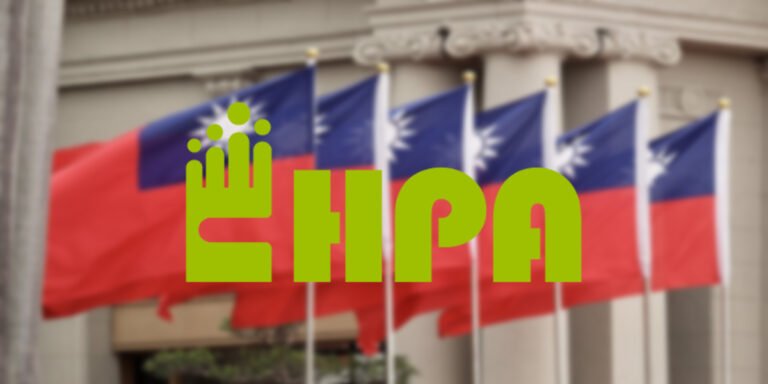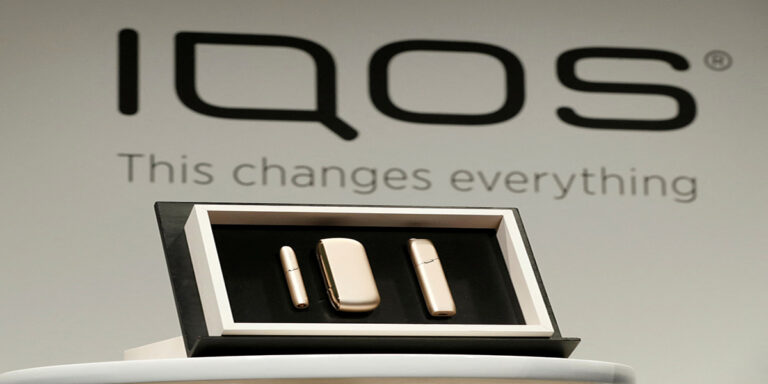That the Republic of Korea prepares to amend tobacco-related laws aimed at counteracting this emerging trend of synthetic nicotine use in the e-cigarette market and protecting public health is, therefore, compelling. In a way, it wants to redefine the term tobacco product to include synthetic nicotine; hence, the products will be within the jurisdiction of regulation and taxation.
Proposed Synthetic Nicotine Regulation Law Amendment
South Korean officials reveal intentions to revise tobacco-related laws with the provision of classifying synthetic nicotine within the definition of tobacco products. This strategic move targets filling the existing regulatory vacuum that aims at ensuring comprehensive oversight of the emerging nicotine delivery systems, especially by young smokers.
Addressing Legal Loopholes
As of now, the law in South Korea does not consider synthetic nicotine e-liquids in the definition of tobacco products; thus, no health warning and taxation are applied. By amending the Tobacco Business Act to include synthetic nicotine, they will close these loopholes in the law and provide the necessary framework.
Response to the Evolving Trend of Rising Synthetic Nicotine
The timing of the decision to regulate tobacco was made in time, considering there is an increased use of synthetic nicotine by the young tobacco users. It should be noted that the pending planning by British American Tobacco (BAT) to introduce their synthetic nicotine product in South Korea is a call for quick legislative action in the best interest of the public.
Legislative Process and Timeline
They wish to lobby with the politicians to alter the Tobacco Business Act under the 22nd National Assembly, which convenes on May 30, 2024. The amendment proposal submitted by the Ministry of Health and Welfare and the Ministry of Economy and Finance was concerning synthetic nicotine products’ active response.
Protection of Minors and Public Health
One of the primary intentions behind the proposed amendment of the law is to protect minors from the negative effects of synthetic nicotine. Since e-cigarettes have now been found to make up a significant share of the local tobacco market in South Korea, regulatory measures are necessary to address the risks associated with young nicotine addiction.
Implications for the Tobacco Industry
The amendment would close not only the loopholes in the law but also have a colossal influence on the tobacco industry landscape. Requirements for manufacturing and distribution will be of a standard stringent enough to give consumers all the safety and transparency they require from synthetic nicotine e-cigarette makers and vendors.
Conclusion
The proposed law amendment in South Korea is a healthy move for the regulation of e-cigarettes with synthetic nicotine in order to protect the public from the potential hazards they may possess. This is consistent with the intention of the authorities to protect the minors and inculcate a sense of responsible tobacco consumption, even as it plugs the legal loopholes around the emerging nicotine delivery systems. What it will leave, with the unfolding of the deliberation in the legislature, is watching the process move with bated breath, only depending on what could be at stake in the tobacco industry and at the welfare of the consumers.


















